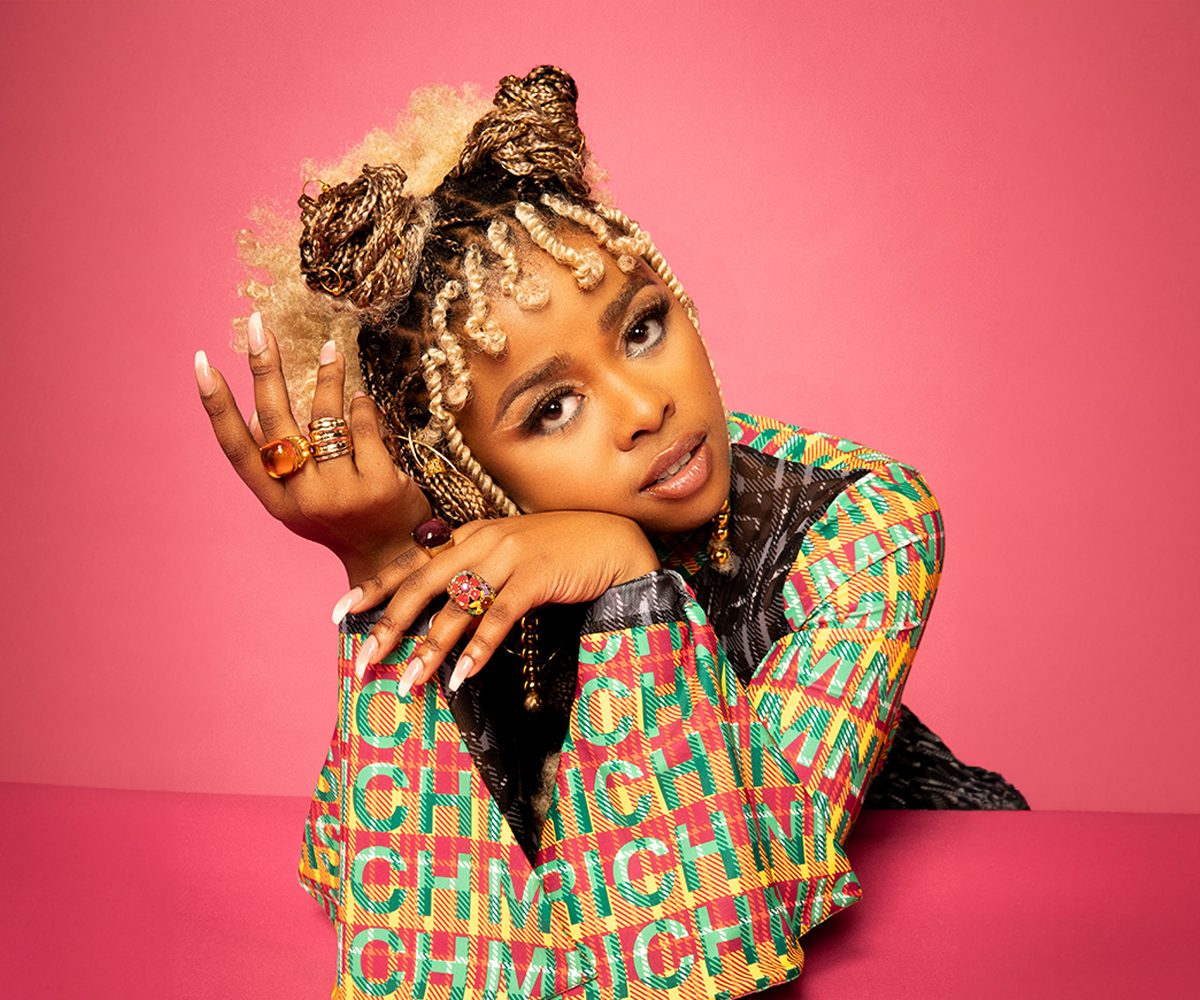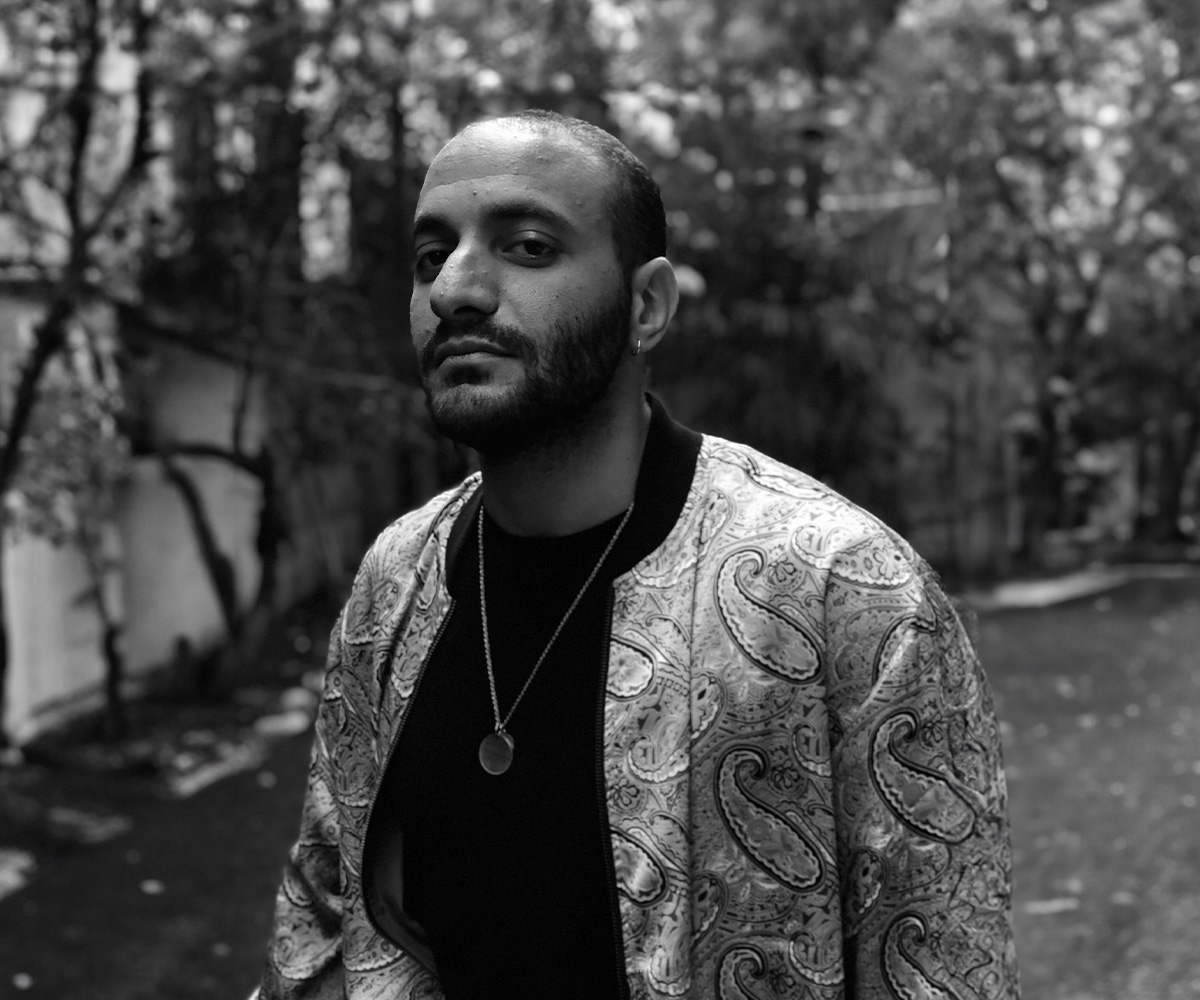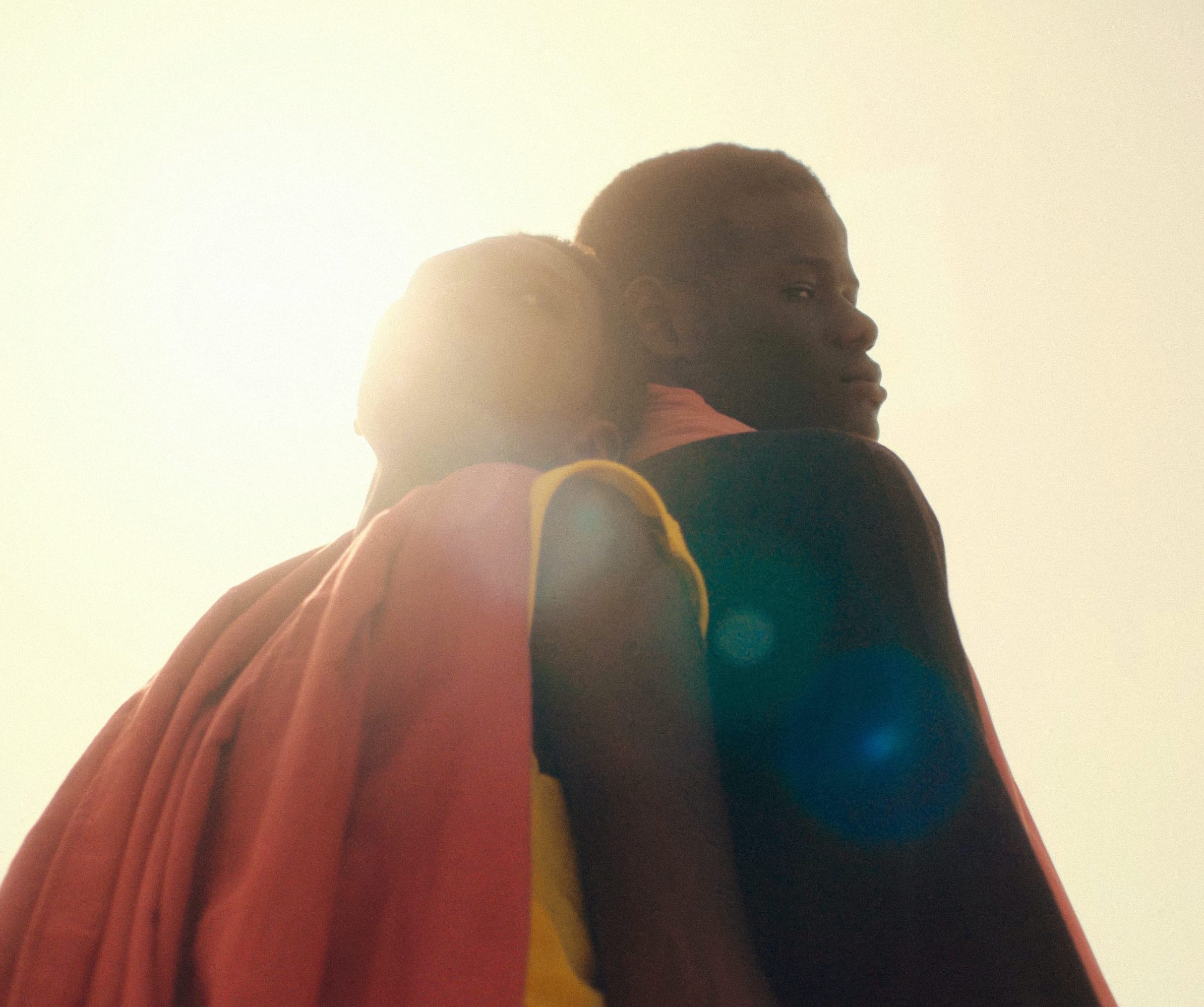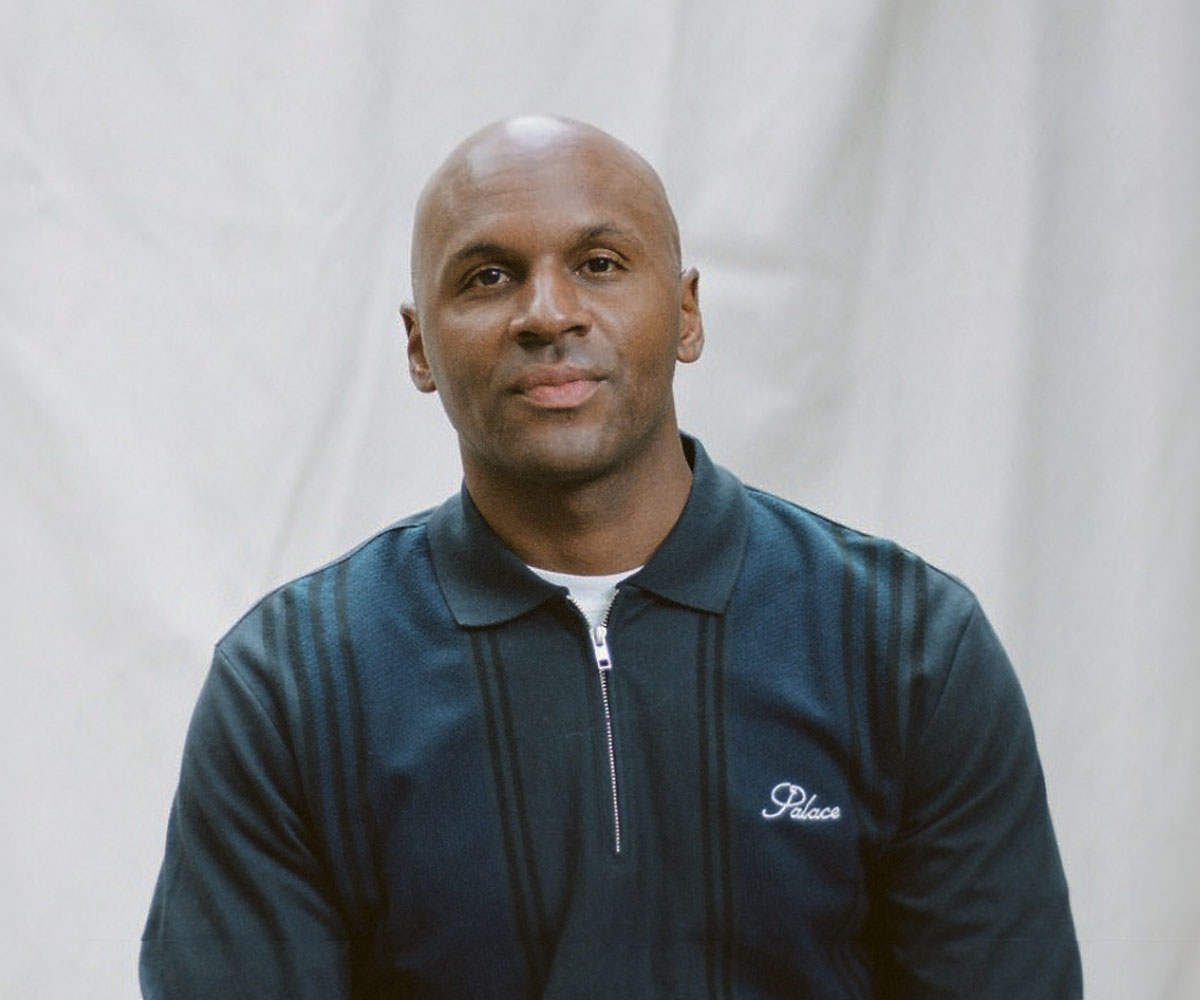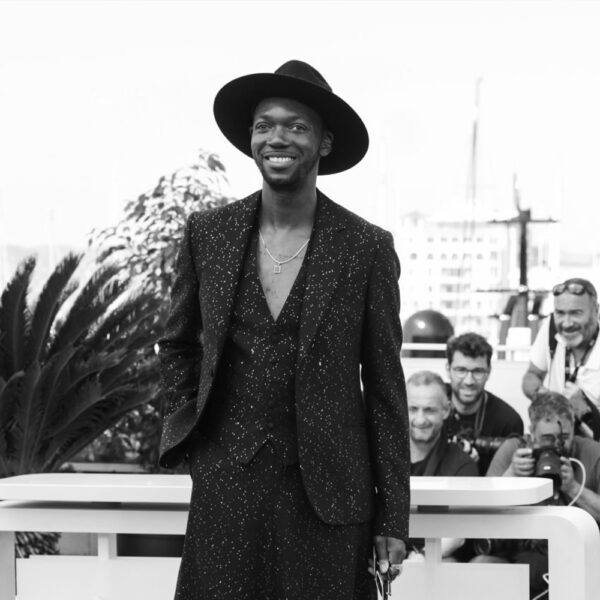
Photo credit: Baloji
Film
From Congo to Cannes: The Creative Odyssey of a Belgian Rapper-Turned-Filmmaker

Photo credit: Baloji
A tumultuous upbringing offered an avenue into music, but the artist’s newest venture into film is a path forged all on his own
By Sughnen Yongo
September 2023
Long before Belgium selected Omen as its Oscar entry for the Best International Feature Film category, Baloji Tshiani had begun the grueling journey of establishing himself as a filmmaker.
His story began in Lubumbashi, the heart of the Democratic Republic of Congo. Born to a Belgian father and a Congolese mother, he was sent to live with his father in Belgium and proceeded to lose all contact with his mother. Feeling disconnected in a new place, he fell into petty crime and ultimately ended up in a youth delinquency center. There, he pursued his love for rap and dance. At just 15, he, along with friends, founded the hip hop group, Starflam. Their first album, Starflam, came out in 1998, followed by Survivant. His lyrical prowess and magnetic stage presence quickly propelled him to fame in the European rap scene.
In 2008, he released his first solo album, Hotel Impala, which was an autobiographical album that earned him a gold certification and two “Octaves de la musique” awards, along with the Rapsat-Lelièvre Award and the Brassens Award for Lyricists.
Having achieved every marker of success within the music industry, Baloji remained determined to push the limits of his own artistry and began pursuing filmmaking. In his own words, he had become bored with the predictable and mundane segues of other films he had watched, and was eager to break the mold and shift paradigms. However, veering away from a successful music career, proved nearly as difficult as making a name for himself in the first place. For one, naysayers told him to “stick to rapping,” and as if things couldn’t get any more dire, funding was a challenge.
“It was a very long process for multiple reasons. For one, the film industry is very reluctant to accept people coming from other businesses or other art forms, like music,” Baloji told STATEMENT. “It took me more than ten years to get one of my projects funded, so that was a real struggle, and this project just came after 12 rejections by film commissions.”
Omen is Baloji’s first feature film. Its widespread acclaim within the film industry is an entirely new experience for the dedicated artist. After self-funding his projects for over four years and not seeing much return, he struck gold in the most rewarding way.
“I was sick of waiting for funding and was even more tired of people telling me that they would never give it to me because I was not from the film industry and didn’t study cinema,” the Zombies creator said. “So I decided to produce my own films, and luckily enough for me, one of them got recognition, and it changed the perspective of how people see my work.”
In spite of the recognition, the Congolese-born European said that the years of rejection did a great deal to reveal his purpose for creating films.
“The rejection teaches you the “why” behind what is pushing you to want to make films, and then you realize that it’s not for the Oscar or the praise; you do it because it’s bigger than you,” he said.
Omen was a labor of love and a reflection of his roots – a commitment to authenticity that has paid off. The film will be showing at the 67th BFI London Film Festival next month, and earlier this year, got a nod at the Cannes Film Festival’s “Un Certain Regard” sidebar, but Baloji’s “why” for breathing life into the project was drawn from within.
“Without trying to be too intellectual on this topic, I’ll say that growing up, I was raised like I was a sorcerer who was connected to bad forces, and all my life, I tried to explain to people that you’re not the name that you didn’t choose, you are more than that.”
In Swahili, Baloji originally meant “man of science.” However, during the colonial era, Christian evangelists who settled in the area reframed the name to mean “man of the occult sciences” and later to mean “sorcerer.”
“When your name means sorcerer and is connected to the devil and bad forces, you just want to prove to everybody that you can also appreciate beauty,” the filmmaker said. “But that’s my name, that’s my fucking name.”
When you ask Baloji how he feels about his rising success and recognition in film, there is almost a bitter-sweet hesitance to accept the reality of the moment.
“It’s a mixed feeling because at first I also wanted to represent Congo, which is my first country, but Congo was not eligible. Sadly, we don’t have the structure in Congo to be presented for the Oscar yet,” he said. “When we presented to Belgium, I was not expecting to be the choice because there were a lot of experienced, professional directors and films to choose from.”
Determined to capitalize on Omen’s success, Baloji is already channeling his creative restlessness towards his second feature film, a project he hopes will be released within the next few years. Throughout his journey, even now as a recognized name, he says that one of the most important lessons he has learned is to embrace mistakes.
“I’ve learned that some mistakes are good to keep as mistakes because I think perfection is boring. I always say that in music, you can listen to a singer on stage whose voice is cracking and who doesn’t fully know the lyrics but still end up feeling like you believe in her more than the perfect opera singer who hits all the notes perfectly,” Baloji said. “So, what I’ve learned about mistakes along the way, within reason, is that they are a part of the process.”
